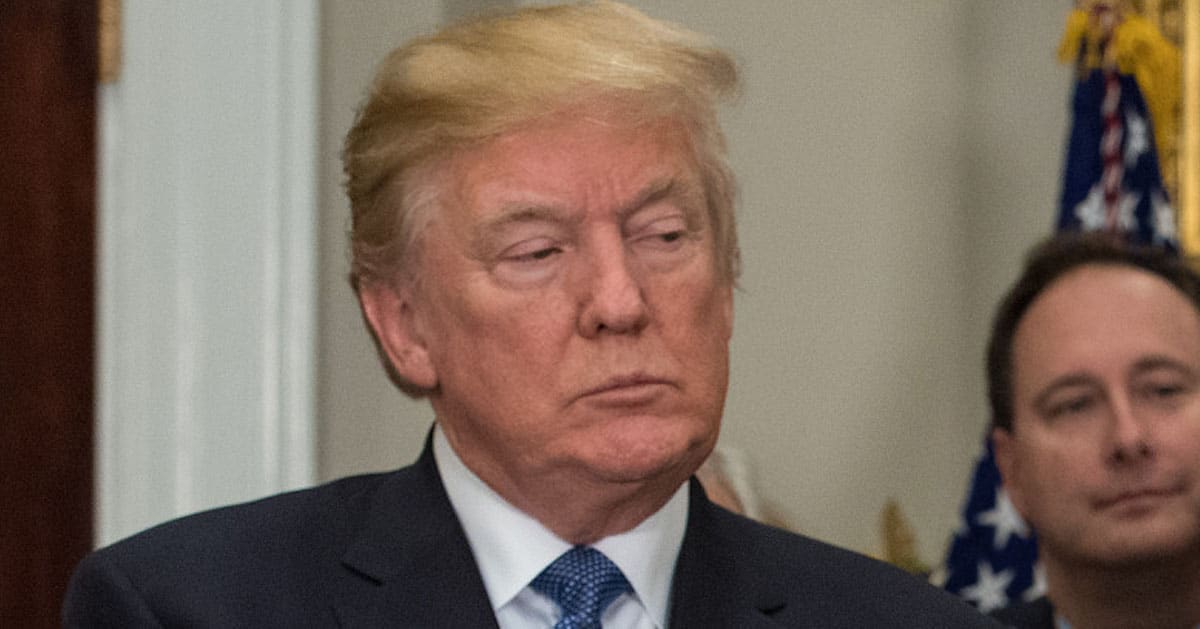



Vice President Kamala Harris issued a blunt call for Democratic unity during a July 3, 2024, White House meeting as concern over President Joe Biden’s fitness to continue his reelection campaign intensified following a widely criticized debate performance, Fox News reported.
Despite Harris’s efforts to shore up Biden’s support, internal divisions widened, and Biden withdrew from the 2024 race on July 21, with Harris launching an unsuccessful bid to lead the Democratic ticket.
Biden’s sole debate against former President Donald Trump in June 2024 sparked widespread concern throughout the Democratic Party. During the event, Biden appeared unusually fatigued and lost in thought, raising serious questions about his cognitive condition. Trump capitalized on the moment, remarking that not even Biden knew what he had just said.
In response to the fallout, Harris convened more than 20 Democratic governors at the White House on July 3. She called for solidarity as Biden's campaign faltered and told attendees, “This is about saving our f–king democracy,” according to a forthcoming book by Josh Dawsey, Tyler Pager, and Isaac Arnsdorf.
The campaign had previously advocated for an unusually early debate. A memo revealed the strategy was to allow Biden to present a strong contrast to Trump before the distractions of the summer season like the Olympics and party conventions. However, the plan misfired when Biden’s performance fell flat, prompting panic among party leadership.
Following the meeting, New York Gov. Kathy Hochul and Minnesota Gov. Tim Walz emerged to publicly declare support for Biden. Hochul claimed that all governors had pledged their backing. But inside sources shared in the upcoming book reported that many were either unconvinced or felt blindsided by her remarks.
Several high-profile governors seen as potential Biden successors—including Gavin Newsom, J.B. Pritzker, Josh Shapiro, and Gretchen Whitmer—declined to speak publicly after the meeting. Their silence increased speculation about the president’s future and hinted at broader dissatisfaction among party leaders.
The book stated that numerous governors were angered by Hochul’s statement and saw it as untrue. They believed it misrepresented the outcome of what had been a tense and divided discussion. Their frustration underscored growing internal pressure for the president to reassess his campaign.
The issue gained wider attention when actor and longtime Democratic donor George Clooney published an op-ed in The New York Times on July 10. In it, Clooney urged Biden to withdraw from the race. His message galvanized party leaders and prompted renewed calls for Biden to step aside.
Following Clooney’s op-ed, more Democratic officials began expressing doubts about Biden’s ability to move forward. What had once been confined to private conversations now became a rapidly growing public narrative. Within days, pressure mounted and national media coverage intensified.
On July 21, President Biden announced he would no longer seek reelection. The decision followed nearly three tumultuous weeks of party infighting, public criticism, and behind-the-scenes discussions. His withdrawal cleared the way for a new Democratic nominee just months before Election Day.
Kamala Harris moved swiftly to assume leadership of the ticket. She selected Minnesota Gov. Tim Walz as her running mate, recognizing his loyalty from the widely debated July 3 meeting. The Harris-Walz ticket was finalized in late July, setting off a condensed campaign season.
Despite the early momentum, Harris faced steep challenges. The party remained divided over the fallout from Biden’s candidacy, and the calendar offered little time to build a national campaign. Wounds from the internal conflict were still fresh as Harris began her run.
Her effort to unite Democrats and counter Trump’s momentum struggled to take hold. The campaign had fewer than 100 days to make its case while overcoming the fallout of Biden’s debate performance. The rushed timeline and lower enthusiasm made it difficult to mobilize support nationwide.
In the end, the Harris-Walz campaign did not succeed. The series of events—from Biden’s debate and Harris’s forceful appeal to governors to the president’s withdrawal and the scrambled effort to rebuild—ultimately reshaped the Democratic Party’s strategy and left lingering questions heading into 2028.



